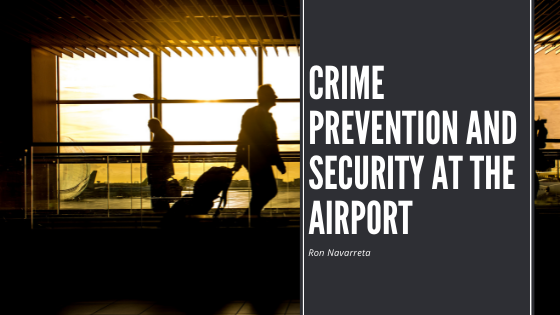When most people think of airports, they imagine busy business people, harried parents, and upset children. These people are likely more concerned about making it through the TSA screenings than they are about anything else.
Yet, it’s important to remember that there is a valid reason for airport security and that any location which draws a crowd can and will also increase the likelihood of crime. With the growing list of tragedies, people have slowly become more aware of these safety concerns.
Specific measures can be taken to help prevent crime and increase security within an airport. The most obvious step is to be aware of one’s surroundings. Don’t settle down next to an abandoned bag – which should be reported immediately. Likewise, don’t fall asleep with your valuables out in the open.
Follow the instructions of airport security, especially in the event of an emergency. Speaking of security – get through the security checkpoints as quickly as possible. The sooner you leave behind the publicly accessible areas, the safer you will be. Some experts even recommend signing up for TSA pre-screening services to help expedite the process.
When preparing for your flight, look up the latest TSA regulations to better prepare yourself for what is to come. Make sure that there is nothing suspicious or concerning about your luggage, clothing, and accessories. This will further help to streamline the process, getting you into secure locations faster – all while bringing you closer to your destination.
It’s always more intelligent, easier, and safer to travel light and do so outside of peak travel hours. While at the airport, keep a hand on your luggage at all times. While a luggage tag on the outside of your bag may not always deter theft for checked baggage, but putting an additional label on the inside will help with recovery.
When it comes to traveling across the border, take advantage of sites such as the State Department to ensure that you have up-to-date information regarding your travel plans. The State Department has many resources available, including a Smart Traveler Enrollment Program (STEP) that automatically sends out messages during an emergency and can help locate travelers in need of assistance.

